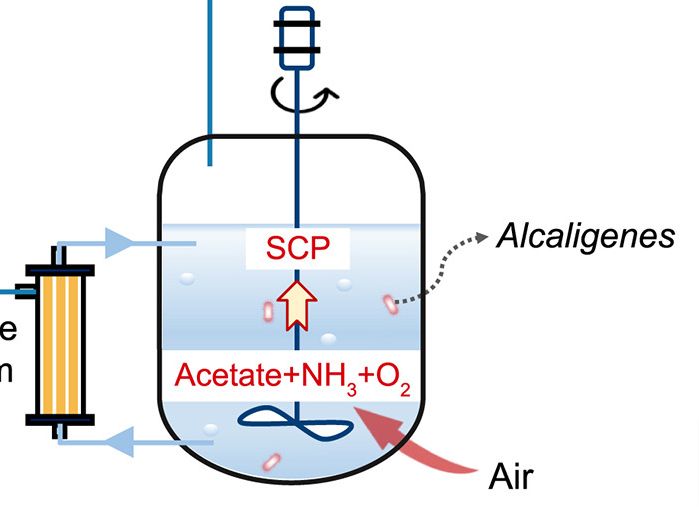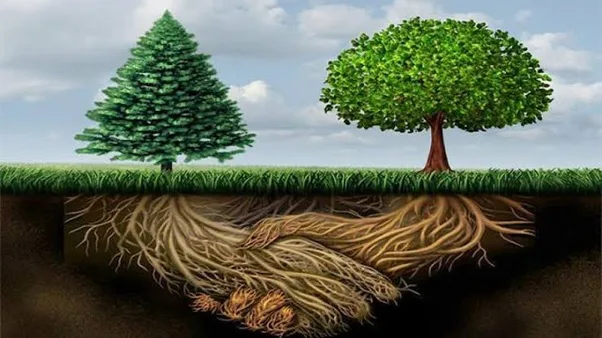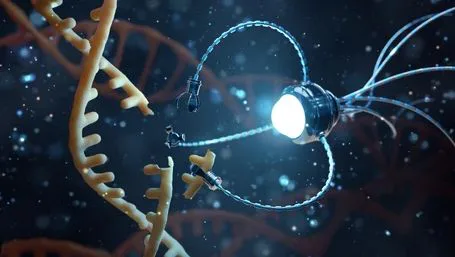Spiders have been known to spun web to trap insects, which they can feed on. However, in a recent study it was found that part of spider’s diet also includes pollens in addition to the insects. The spider’s web traps not just insects but pollen, spores of fungus and other plankton’s.
Experiments lead by Dr Dirk Sanders of the University of Exeter and Mr. Benjamin Eggs from the University of Bern, showed that commonly found orb web spiders were likely to eat pollen even when the insects are available around. They conducted stable isotope analysis and feeding tests on young spiders to find whether they choose to include resources procured from plants in their food habit. Surprisingly the results showed that the 75 percent of the spider diet included the insects and plant rations constituted the remaining 25 percent. These spiders were in good health implying that the combination of insects and plant supplements provided the required nourishment to lead a healthy living.
In Dr Sanders words,
Most people and researchers think of spiders as pure carnivores, but in this family of orb web spiders that is not the case. We have demonstrated that the spiders feed on pollen caught in their webs, even if they have additional food, and that it forms an important part of their nourishment. The proportion of pollen in the spiders’ diet in the wild was high, so we need to classify them as omnivores rather than carnivores.
Traditionally it was thought that the orb spiders tend to eat their own web in order to recycle the silk proteins and is believed that during the process they accidentally consume all the pollen trapped in their web. But this is not the case, pollen grains vary in sizes and the bigger sized grain is first reduced to small size mass by spiders who purposely sprinkle digestive enzyme so that it becomes easier to them to consume.
Therefore, the claim, which said that spiders accidentally consume the pollen, is rebutted by the current research. This also insinuates that spiders choose their site for web building depending on the availability of both the factors i.e. pollen and insects.
Source: Phys.org





[…] even identified certain airborne particles by just inspecting at the structure of the webs. Spiders often eat their own webs, along with any particles that are trapped like pollen, various chemicals. Spider web weaving […]